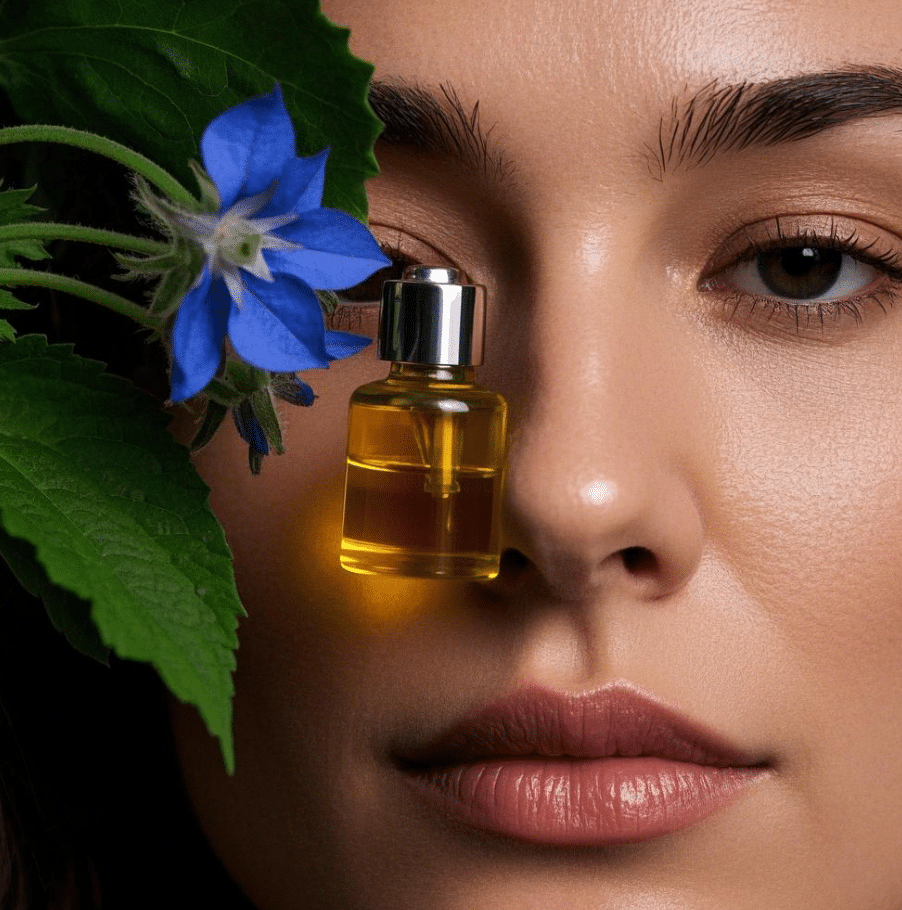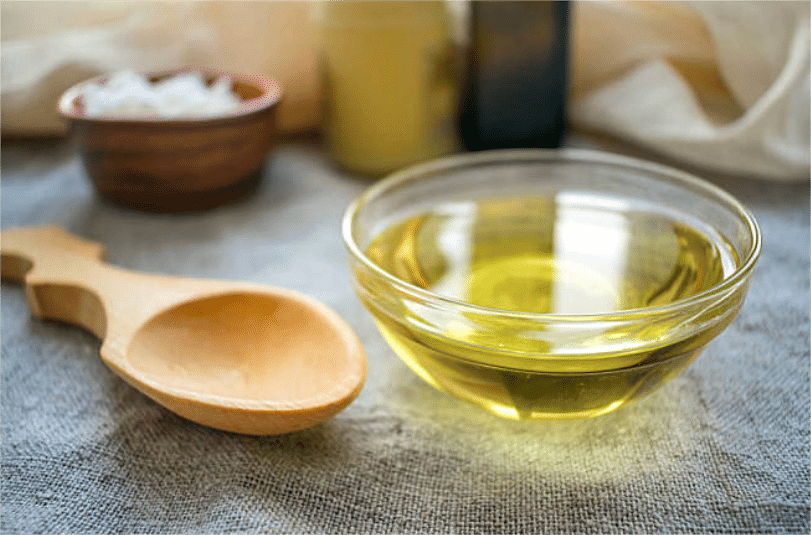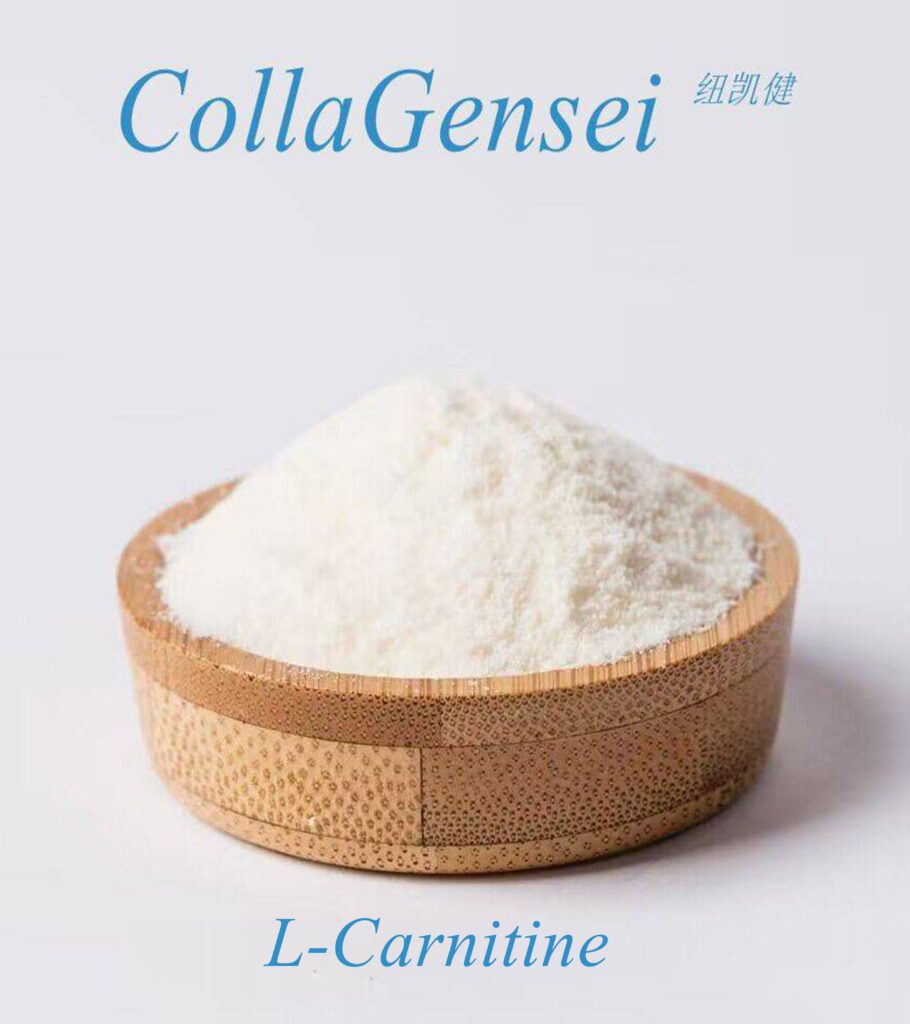Borage Oil for Face: The Ultimate Guide to Nature’s Skincare Secret
Hey there, beauty enthusiasts and wellness warriors! It’s your girl, Sarah, back with another deep dive into the world of natural wonders. Today, we’re spilling the tea on borage oil for face – the liquid gold that’s been making waves in the skincare scene. So, grab your favorite face mask, get comfy, and let’s get this glow-up party started!
What’s the Buzz About Borage Oil?
First things first, let’s break down what we’re talking about here. Borage oil, also known as starflower oil, is extracted from the seeds of the borage plant. Its scientific name is Borago officinalis, which sounds like a spell from Hogwarts, but I promise it’s just fancy Latin.
Now, for all you data nerds out there (no judgment, we love you!), here’s the 411:
– CAS Number: 84012-16-8
– Appearance: Clear, pale yellow to greenish-yellow liquid (like liquid sunshine!)
– Taste: Mild, slightly nutty flavor (not that you should be tasting it, folks!)
– Shelf life: About 12-24 months (use it or lose it!)
– Storage: Cool, dark place (treat it like a vampire – no sunlight!)
– Common packaging: 30ml, 60ml, 120ml bottles (size matters, choose wisely!)
The Birth of a Superstar
Borage oil isn’t new to the scene – it’s been around for centuries. Ancient Greeks and Romans were already hip to its benefits, using it for everything from food to medicine. Fast forward to today, and we’re still crushing on this versatile oil, especially for our skin!
Borage Oil: The Shape-Shifter
One of the coolest things about borage oil is its versatility. It comes in different forms:
1. Liquid gold (the most common)
2. Soft gel capsules (for those who prefer to ingest it)
3. Powder (mix it in your smoothies, you sneaky health ninja!)
Is It Water-Soluble?
Nope, borage oil isn’t water-soluble. It’s like oil and water – they just don’t mix. But don’t let that stop you from incorporating it into your skincare routine!
Where Can You Find This Stuff?
Borage oil is like the Swiss Army knife of the beauty world. You can find it in:
1. Skincare products (hello, glowing skin!)
2. Hair care formulations (for those luscious locks)
3. Dietary supplements (beauty from the inside out)
4. Pet care products (yes, even Fido can benefit!)
How Is It Made?
Alright, let’s get a little technical (but not too much, I promise). The process of making borage oil is pretty straightforward:
1. Harvesting the seeds (no GMOs allowed!)
2. Cold-pressing (keeping it cool to preserve nutrients)
3. Filtering (bye-bye, impurities!)
4. Bottling (sealing in the goodness)
Curious about how to make borage oil at home? Here’s a quick DIY guide:
1. Collect borage seeds
2. Dry and grind the seeds
3. Cold-press to extract oil
4. Filter and store
(Disclaimer: homemade oil won’t last as long as store-bought, so use it quickly!)
The Magic Powers of Borage Oil for Face
Now, for the part you’ve all been waiting for – what can this stuff do for your skin? Buckle up, because the list is longer than my skincare routine:
1. Moisturizing superhero (bye-bye, dry patches!)
2. Anti-aging wonder (fine lines, who?)
3. Acne fighter (clear skin, here we come!)
4. Inflammation calmer (redness, be gone!)
5. Skin barrier strengthener (protecting you from the elements)
But wait, there’s more! Borage oil hair benefits are off the charts too. It can help with:
– Reducing scalp inflammation
– Improving hair strength and elasticity
– Promoting hair growth
How Does It Work Its Magic?
Borage oil is like that overachiever in class – it’s packed with good stuff:
1. Gamma-linolenic acid (GLA) – an omega-6 fatty acid (the highest natural source, in fact!)
2. Linoleic acid – another essential fatty acid
3. Vitamin E – an antioxidant superstar
These components work together like a well-oiled machine (pun intended) to support your skin’s health and radiance.
The Dark Side of Borage Oil
Now, I wouldn’t be a responsible blogger if I didn’t mention the potential side effects. While borage oil is generally safe for topical use, some people might experience:
1. Skin irritation (patch test, people!)
2. Allergic reactions (rare, but possible)
3. Increased bleeding risk if ingested (check with your doc if you’re on blood thinners)
How Much Should You Use?
As with anything in life, moderation is key. For topical use, a few drops mixed with your moisturizer or applied directly to your skin should do the trick. If you’re taking it as a supplement, the usual dose is 1000-1300 mg per day. But remember, I’m not a doctor – just a girl with a passion for skincare and a laptop. Always consult with a healthcare professional before starting any new supplement regimen.
Borage Oil vs. The World
Now, you might be wondering, “How does borage oil stack up against other oils?” Great question! Let’s do a quick comparison:
1. Borage oil vs evening primrose oil: Both are rich in GLA, but borage oil contains more (about 20-25% compared to evening primrose oil’s 8-10%).
2. Fish oil flaxseed oil borage oil: This trio is often combined in supplements for a powerhouse of omega fatty acids.
3. Organic borage oil: Always opt for organic when possible to avoid any nasty pesticides or chemicals.
4. Borage oil for dogs: Yes, it’s great for our furry friends too! It can help with skin and coat health.
5. Fish flax borage oil benefits: This combination is a triple threat for overall health, offering a wide range of omega-3 and omega-6 fatty acids.
The Latest Scoop from the Lab
Research on borage oil is hotter than the latest TikTok dance challenge. Recent studies have shown promising results in areas like:
1. Atopic dermatitis treatment
2. Anti-inflammatory effects
3. Potential cancer-fighting properties
Borage Oil Around the Globe
Different countries have different rules when it comes to borage oil. Here’s a quick world tour:
– USA: Considered a dietary supplement and cosmetic ingredient
– EU: Regulated as a novel food and cosmetic ingredient
– Canada: Approved as a natural health product
– Japan: Classified as a food with health claims
Market Buzz
The borage oil market is booming like cryptocurrency in 2017 (but hopefully more stable). Global sales are expected to reach $54.9 million by 2026, with a growth rate that would make any investor do a happy dance.
FAQs for the Curious Minds
1. Which is more effective for skin health, borage oil or evening primrose oil?
Borage oil is generally more effective due to its higher GLA content.
2. Are borage oil and fish oil equally effective in providing gamma-linolenic acid (GLA)?
No, borage oil provides more GLA, while fish oil is rich in EPA and DHA.
3. Are borage oil supplements similarly priced across different brands?
Prices vary significantly depending on quality, source, and brand.
4. Are borage oil and coconut oil both effective for moisturizing skin?
Both are effective but work differently. Borage oil provides GLA, coconut oil offers saturated fats.
5. Are borage oil and flaxseed oil equally beneficial for reducing inflammation?
Flaxseed oil may be more effective due to its higher omega-3 content.
6. Are borage oil supplements both suitable for individuals with different dietary restrictions?
Generally yes, but vegetarians should check capsule ingredients.
7. Are borage oil and argan oil equally effective for improving hair health?
Both can be beneficial, but argan oil is more commonly used for hair care.
8. Are borage oil supplements and topical applications both easily absorbed by the body?
Yes, but absorption rates and effects may vary based on application method.
9. Are borage oil and black currant seed oil equally effective for supporting hormonal balance?
Both can help, but effectiveness may vary between individuals.
10. Are borage oil supplements both suitable for long-term use in health regimens?
Generally safe, but consult a healthcare professional before long-term use.
11. Are borage oil and hemp seed oil equally beneficial for maintaining heart health as we age?
Hemp seed oil may be more beneficial due to its more balanced omega-3 to omega-6 ratio.
(Spoiler alert: Generally yes, Ask your doc, It varies, Yes but patch test first, and Yes, they’re the same thing!)
The Good, The Bad, and The Borage
Pros:
1. Highest natural source of GLA
2. Moisturizing and anti-inflammatory
3. Suitable for most skin types
4. Versatile (can be used topically or ingested)
5. Natural alternative to some skincare chemicals
Cons:
1. Can be pricey compared to some other oils
2. May cause allergic reactions in some people
3. Short shelf life if not stored properly
4. Limited research on long-term effects
5. Not suitable for those with bleeding disorders if ingested
Why Choose Gensei Global Industries To Buy borage oil ?
Looking for a top-notch supplier? Here are some pro tips:
1. Check for organic certification
2. Look for cold-pressed, unrefined options
3. Read customer reviews
4. Compare prices (but don’t just go for the cheapest!)
5. Ask about their quality control processes
In conclusion,borage oil for face is like the SwBiss Army knife of the natural skincare world – versatile, beneficial, and a little bit mysterious. Whether you’re slathering it on your face or adding it to your diet, this golden liquid has a lot to offer.
And hey, if you’re in the market for some high-quality borage oil, why not give Gensei Global Industries a shout? Drop them an email at sales@collagensei.com. They’re FDA certified, have all the fancy certifications (ISO, HALAL, KOSHER, MSC), and even offer custom formulations. It’s like the Willy Wonka factory of health and beauty supplements!
Remember, beauty is more than skin deep, but a little borage oil never hurt! Stay curious, stay glowing, and keep spreading those good vibes! Peace out, beauty warriors! ✌️




